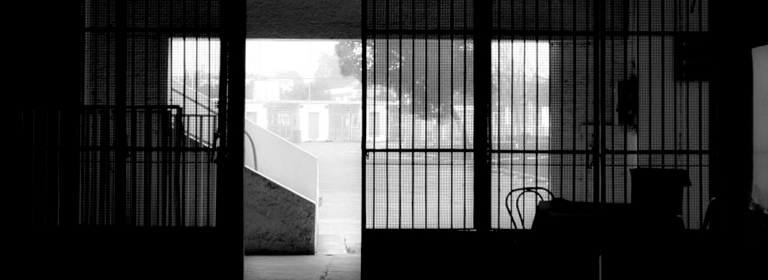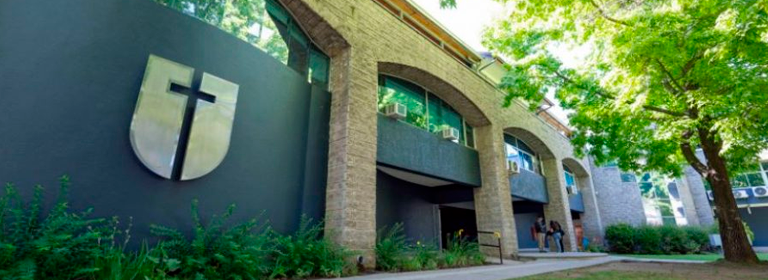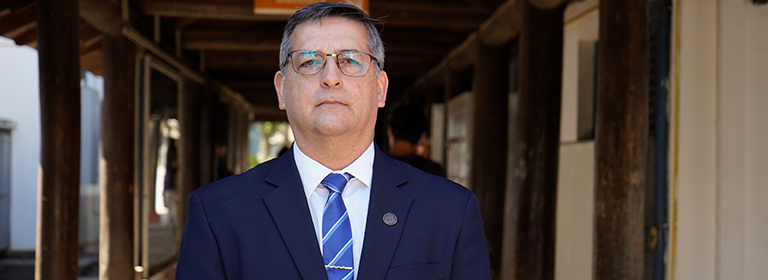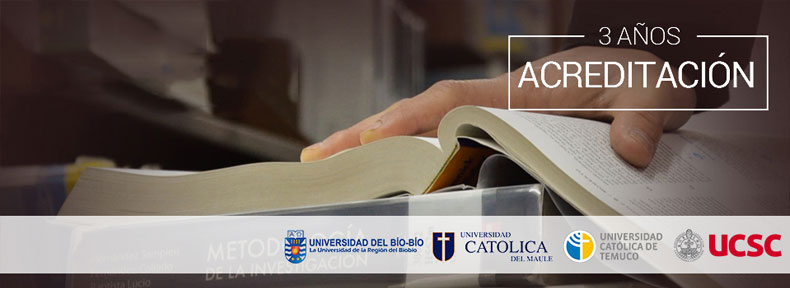A strong contradiction between the values promoted by citizenship education in schools and the normalization of violence was revealed by an investigation carried out by a doctoral candidate at the Universidad Católica del Maule.
 Human Rights violations during the last dictatorship in Chile are still in the shadows in high schools, according to an investigation conducted by a doctoral candidate at the Universidad Católica del Maule (UCM).
Human Rights violations during the last dictatorship in Chile are still in the shadows in high schools, according to an investigation conducted by a doctoral candidate at the Universidad Católica del Maule (UCM).
«We investigated how teachers deal with the complexity of the historical period of the civil-military dictatorship in school. Considering that, according to the findings of this research, they live with a contradiction between the educational discourse that promotes the formation of future generations around democratic values and respect for human rights and a social discourse that permanently silences or minimizes this part of history. Besides, it also normalizes certain forms of violence in society,” explained Karina Carrasco, who successfully defended her thesis before a commission of the Doctorate of Education in Consortium, which the Universidad Católica del Maule teaches together with three universities in Concepción and Temuco.
«The teachers’ discourse reflects contradictions. While we aim to reinforce democratic values in the classroom, but this is counteracted in common spaces, such as the playground or the teachers’ room. Here, we observe dynamics that show a negative view of politics, fear of dissent (…) and difficulties in developing forms of dialogue consistent with human rights and democracy,» said Carrasco.
«The normalization of violence —she added— is evident if we look at reality. We have, for example, cultural expressions that legitimize gender violence, discourses that go against migration and the global presence of two wars. So, it becomes normal for these things to happen, because there is another who is weaker or more dangerous.»
 The taboo of the former Colonia Dignidad
The taboo of the former Colonia Dignidad
Carrasco, who has a degree in history and education, collected data from teachers through interviews. One of the questions revolved around the former Colonia Dignidad, a settlement of German colonists located near Parral, which functioned as a repressive center during the dictatorship of Augusto Pinochet.
«There were teachers who said it was impossible to address this issue in their schools, because of the geographical proximity to the case. Since, there is a great fear of political topics, which are considered taboo. Some feel resentful or are very careful in integrating, for example, the sexual victims of the former colony,» she said.
For the new doctor, it is essential to reinforce the so-called «historical empathy», as the ability of students «to understand the historical moment in which people live certain experiences.»
«The teachers say that individuals who have a family member who was a victim of the dictatorship may find it easier to empathize with others who have experienced something similar. But when there is no closeness to the experience or the political vision is totally contrary, there is a greater indifference to the experiences or stories. In these cases, it is much more difficult to understand that reality and the effort required is much greater,» she said.













